It’s hard to imagine an Epitech student who doesn’t love video games and esports. Martin Galoux, one of Epitech Lyon’s alumni, is undoubtedly one big fan. He approached us with the proposal to host a Super Smash Bros. tournament on May 27, 2023 on our campus. And we said a big “YES”!
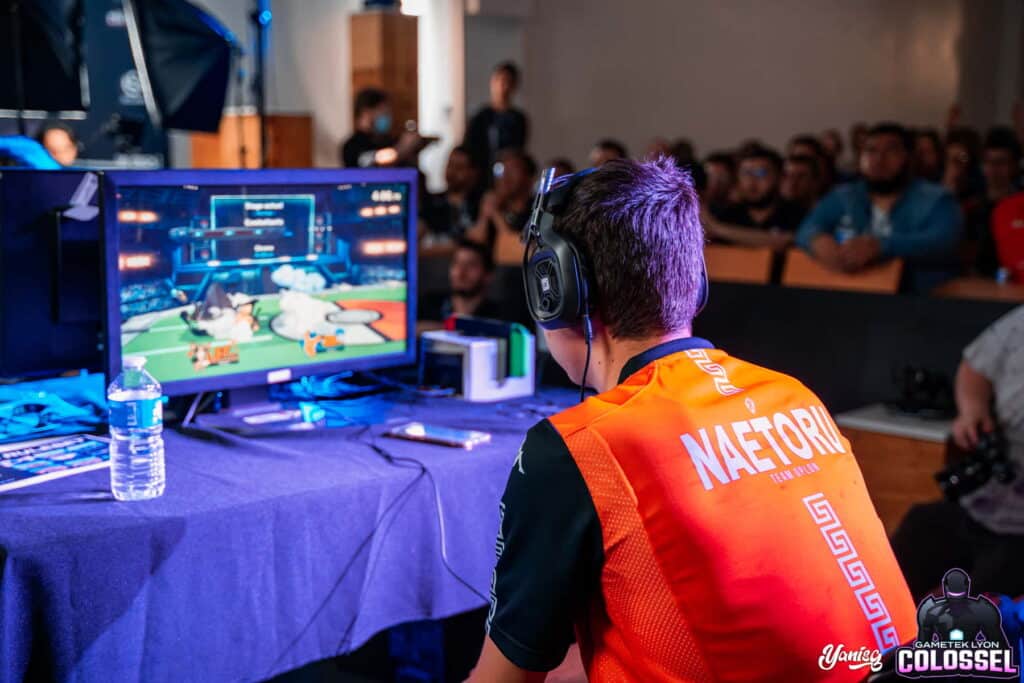
Meet Martin
Of Belgian-French origin, Martin grew up in France. After finishing his studies, he moved to Brussels, where he continues to organize esport events through the Epitech network. He first heard about Epitech at a student fair and was won over by its project-based pedagogy. Taking part in his first coding club run by Epitech Lyon’s “Bureau des Étudiants” (BDE) left a strong impression on Martin. The students made him feel very welcome, and the party organized afterward made him feel like an Epitech student even before he enrolled. One open doors day later, he made the decision to join Epitech… and the rest is history! He soon became a member of the Gametek association, organizing over a hundred events on the Lyon, Nancy, Paris and Rennes campuses during his 5 years of study.
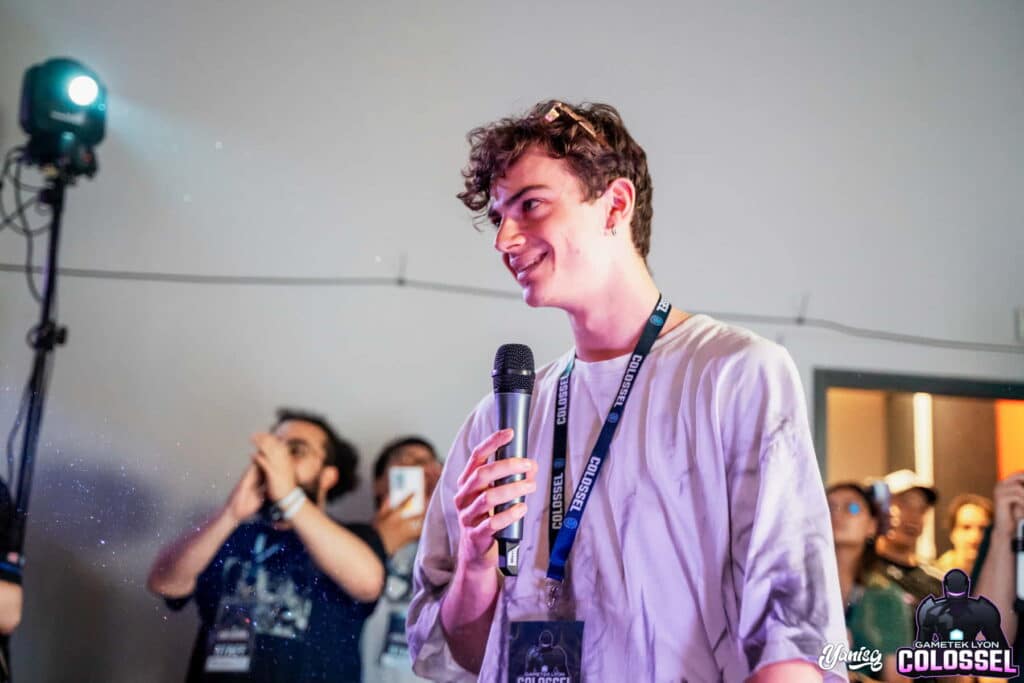
The Gametek association
Created by students at the Epitech Lyon campus, Gametek is an esport association that federates a committed community of several thousand people. It organizes numerous esport tournaments (League of Legends, Super Smash Bros., Fifa etc.) and hosts live streams on Twitch. Gametek’s most established events are always held in Lyon, with a weekly tournament that brings together the local community, a monthly event that brings together players all over France, and an annual event that brings together the whole world.
Gametek’s raison d’être is to transform esport competitions into opportunities for socialization and exchange. At first, Gametek was aimed solely at Epitech students, and the number of events was significantly lower. There were just one or two events a year: LAN parties on League of Legends. For those unfamiliar with the term, a LAN party is an event where people get together physically to play video games. Why play alone at home when you can get a whole team together in the same room and create a great atmosphere by playing against your fellows?
Martin, what motivates you to continue organizing events even after you’ve finished your studies at Epitech?
I’m in too deep.
Not only was I doing events as a student with Gametek, but I also quickly traveled all over France, whether to Rennes, Paris, Nancy, or the south of France to do other events. I joined external teams to help them out with the expertise I’d acquired in Lyon, or just to volunteer because it’s an environment I enjoy and I think it’s a lot of fun. That’s why I’m still doing it, in addition to my job as a full-stack developer. I find that participating in social activities around video games is very beneficial for gamers. This environment is usually rather isolating, let’s say, and even problematic for some people, for parents, or for young people themselves when they fall into a harmful addiction. This can happen when you stay at home and play alone. The type of gaming we promote is much healthier, in my opinion, and I want to get involved in that.
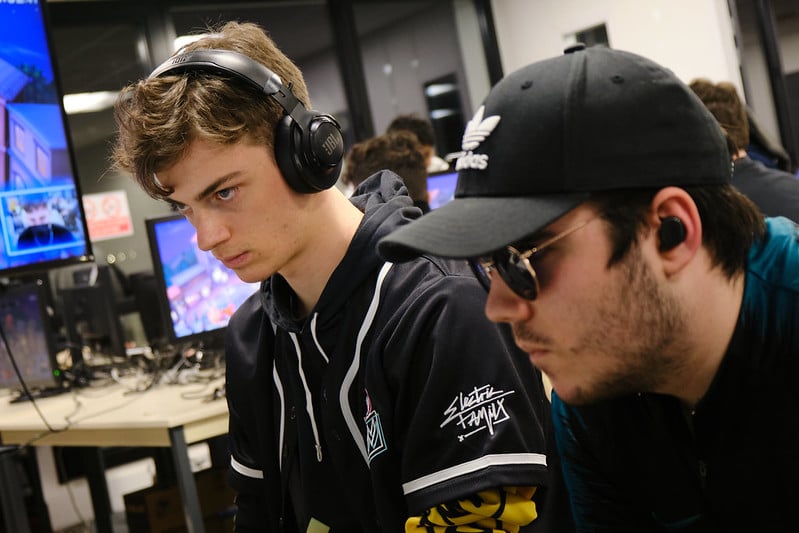
What are the challenges in organizing this kind of event?
Actually, on the face of it, it’s quite simple. All you have to do is get people into the same room and bring games, and everyone plays together. But in reality, it’s much more complicated. This kind of event requires a lot of different trades, and most of them are done by amateurs. You need someone who’s good at communication, someone who’s good at logistics, skills in streaming, scenography, graphics and so on. If you can pay service providers to do it all, it’s very easy. But if you have to do it yourself, you have to learn and invest a lot of time, and make the effort to train yourself in technologies or software that enable you to acquire these skills. The events business is expensive. Generally speaking, you can’t afford to pay a professional stage manager etc., so you have to do everything yourself. For me, that’s the difficulty: doing the best you can with limited means and not disappointing. The important thing is to find pleasure in it, given that this activity is not really lucrative.
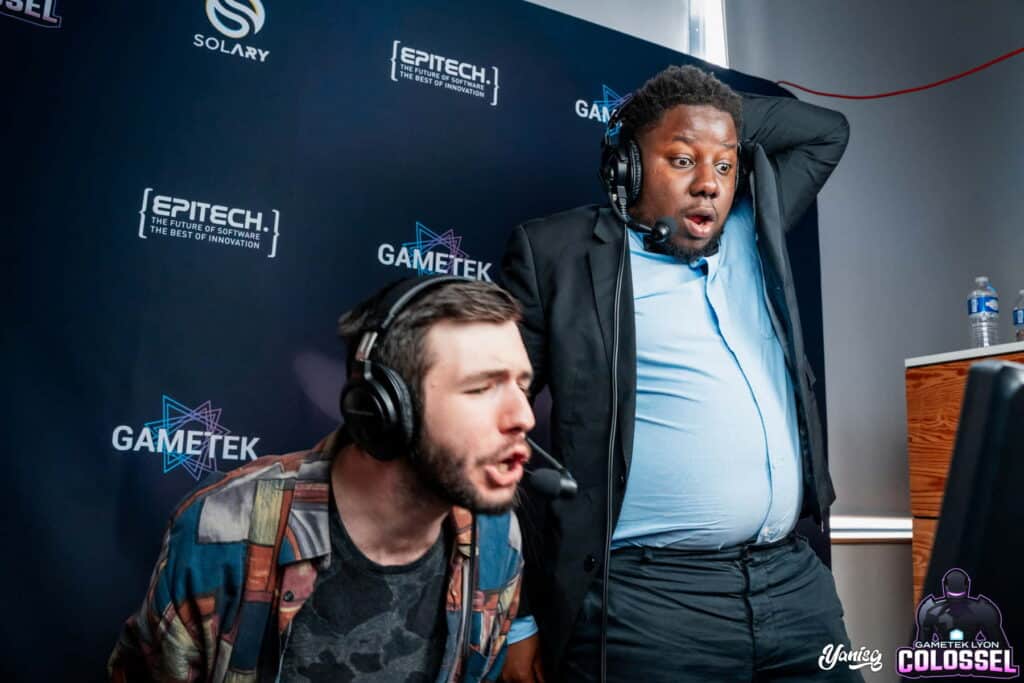
How do you make things easy for yourself?
One option is to join forces and find partners. For the Nova event in Brussels, I can’t afford to buy 20 screens and put them at Epitech, so I contacted people in the region who already run similar events, like the Brussels Challenge. Their team organizes events twice a year, and the ASBL owns a few dozen screens, so I suggested that we form a partnership and exchange services.
Is it hard to get people to come to this kind of event?
Basically, it was very niche. As far as Super Smash Bros. tournaments in France were concerned, all the aficionados gathered on Discord communities and played together in their town, in bars or other places set aside for the purpose, but there wasn’t an esport institution like there is now. Today, there are many more teams, events and influential people who support the scene and give it visibility. Before, you had to look for it to find it, and the competitive aspect wasn’t so present. We played with friends on a sofa. Things have changed a lot since then.
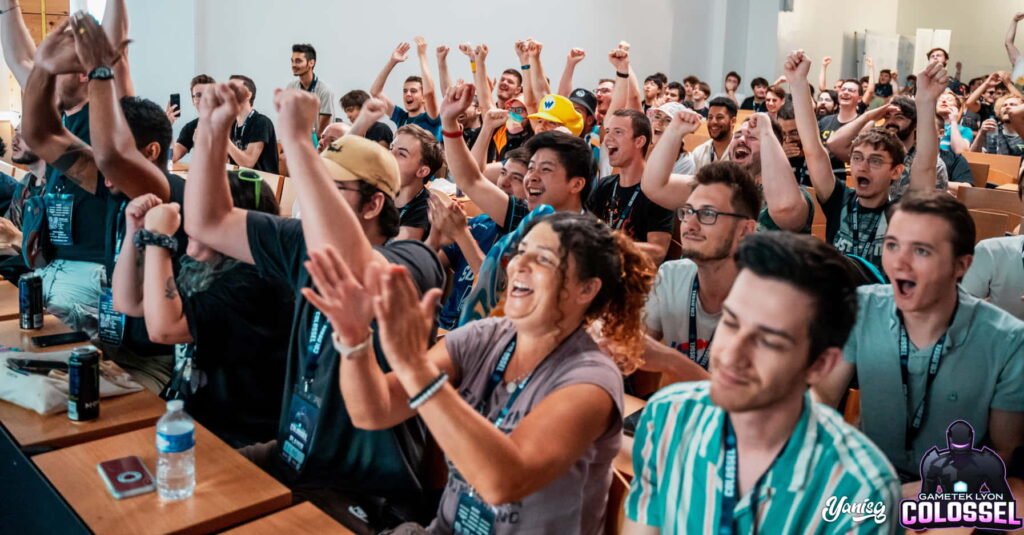
The Nova event is already shaping up to be a success…
Yes, we’ve reached the number of players, but you can still take part as a spectator. In Belgium, and particularly in Brussels, there are very few events of this kind, although there are players present. We decided to launch our first event in Belgium – the Nova – precisely to bring this community to life. On May 27, there will also be a live stream to broadcast the matches on Twitch. We’re proposing a fairly light format, a monthly recurring tournament for 64 players, equally accessible to beginners and experienced players. Registration for this kind of tournament costs around ten euros, and the winner receives a cash prize. Don’t hesitate to join us!
